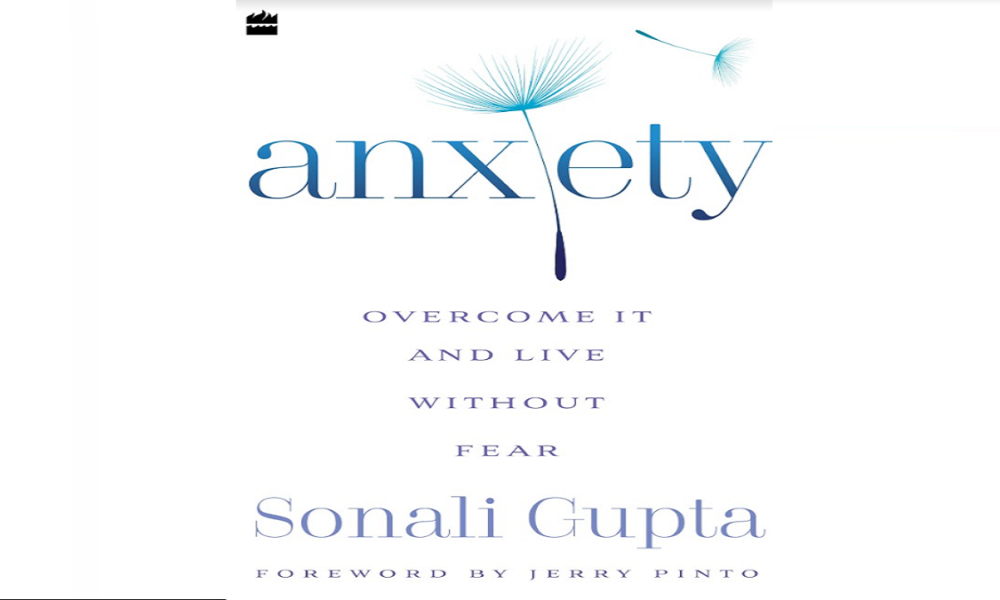The Itch, that sense of restlessness that people experience when they are without their gadgets, is often just a starting point that can end in a fullblown social media addiction. Aamir’s anxiety and restlessness, brought on by a technical problem with an app, reflects how social media can wind up controlling our lives. Addiction can simply be understood as our compulsive need to engage in certain behaviours and our inability to control our impulses when it comes to showing restraint. In this context, it is the intensity of the Itch, followed by the frequency and time spent on devices or gadgets, that defines what ‘social media addiction’ looks like.
The signs are checking phone first thing in the morning; waking up at midnight to use the washroom but also taking a quick look at your notifications; battling nomophobia, a fear or anxiety linked to being in an area where there is no or difficulty accessing the internet; not having your phone around, even for a few minutes; scrolling down your social media pages or messages any time you are bored; experiencing ‘phantom’ vibrations when the phone is not ringing; taking your phone with you to the washroom and normalisation of phubbing and social media loafing.
The only way to work through most of these problems is to reset your relationship with how you use technology. I have come up with an acronym — RESET — that can help us develop a healthy relationship with social media. Recognise, Examine, Self-sabotaging beliefs, Engagement, Time out.
Recognise: Learning to identify when this social comparison process starts is the first step. Ask yourself—when do you wind up in a zone where you are sourcing information about other people’s lives? Recognize the beginnings of the downward spiral that ends with you, hating your own life.
Examine: Take a moment to examine what drove you to social media at that time. Is it an existing belief that others lead a better life than you? Examine if you have any unmet needs that are compelling your behavior.
Self-sabotaging beliefs: We have all had thoughts such as, ‘Things are going well for everyone other than me; nothing is happening to me.’ These are very powerful self-sabotaging beliefs and often people find themselves stuck in a pattern of looking for information that allows these beliefs to grow.
Engagement: Some research shows that our emotional wellbeing is linked to the degree we use social media to engage with others. People who post information and engage in dialogues with others have better mental health than those who just passively consume information. The study titled ‘Envy on Facebook: A Hidden Threat to Users’ Life Satisfaction?’ found that people most susceptible to social media envy are those who didn’t actively engage with the platform. Engagement isn’t just sharing; it is a deeper narrative of what you are using social media for. Is it to connect with friends, the causes you like or just consume information without participating? People, who contribute and offer resources, end up being more mindful and less dissatisfied in my view.
Time out: Engage in a process of time out and set boundaries and guidelines for what to do when social media heightens your anxiety. Choosing to have an upper limit when it comes to how much time you spend online on weekdays as well as weekends goes a long way towards ensuring that digital boundaries are in place. It is hard to pinpoint a fixed number of hours, given many people’s careers depend on the information they post online. What helps is having slots of time allocated in the day when you don’t look at your phone..
Excerpts from the book, ‘Anxiety: Overcome It and Live without Fear’ (HarperCollins India)







